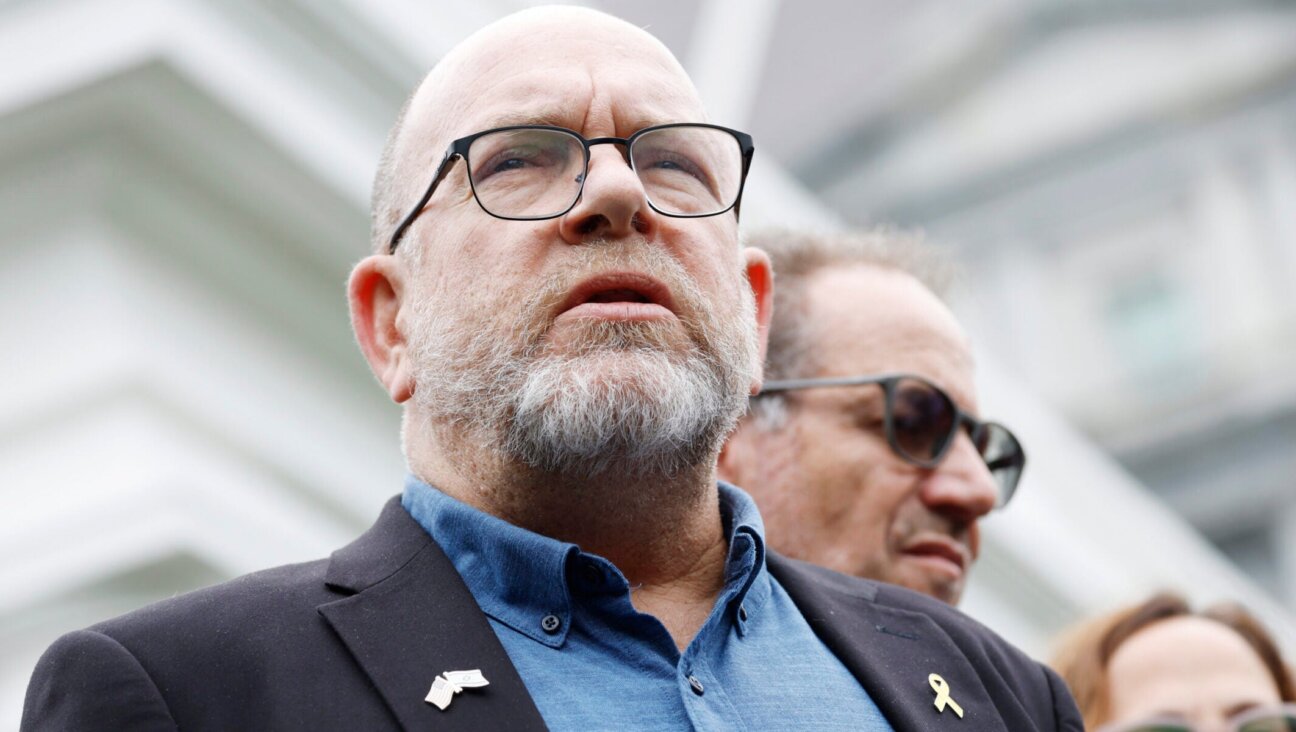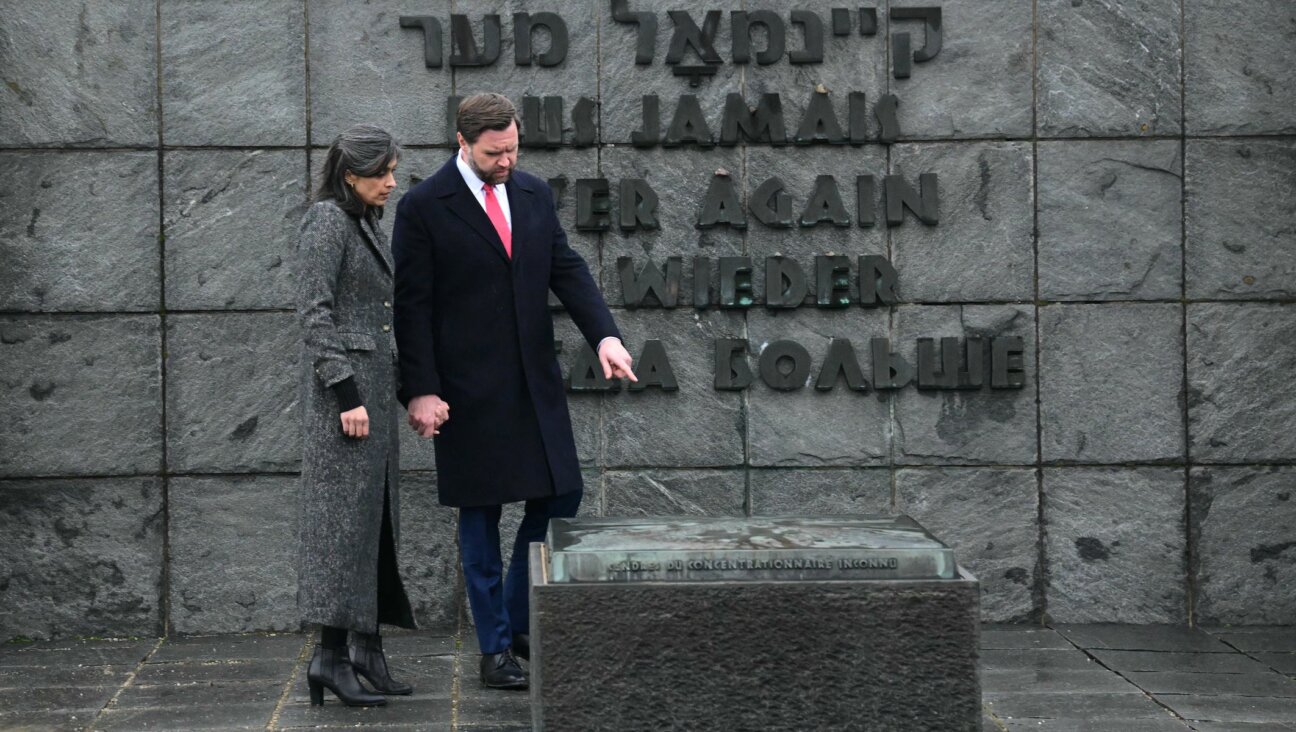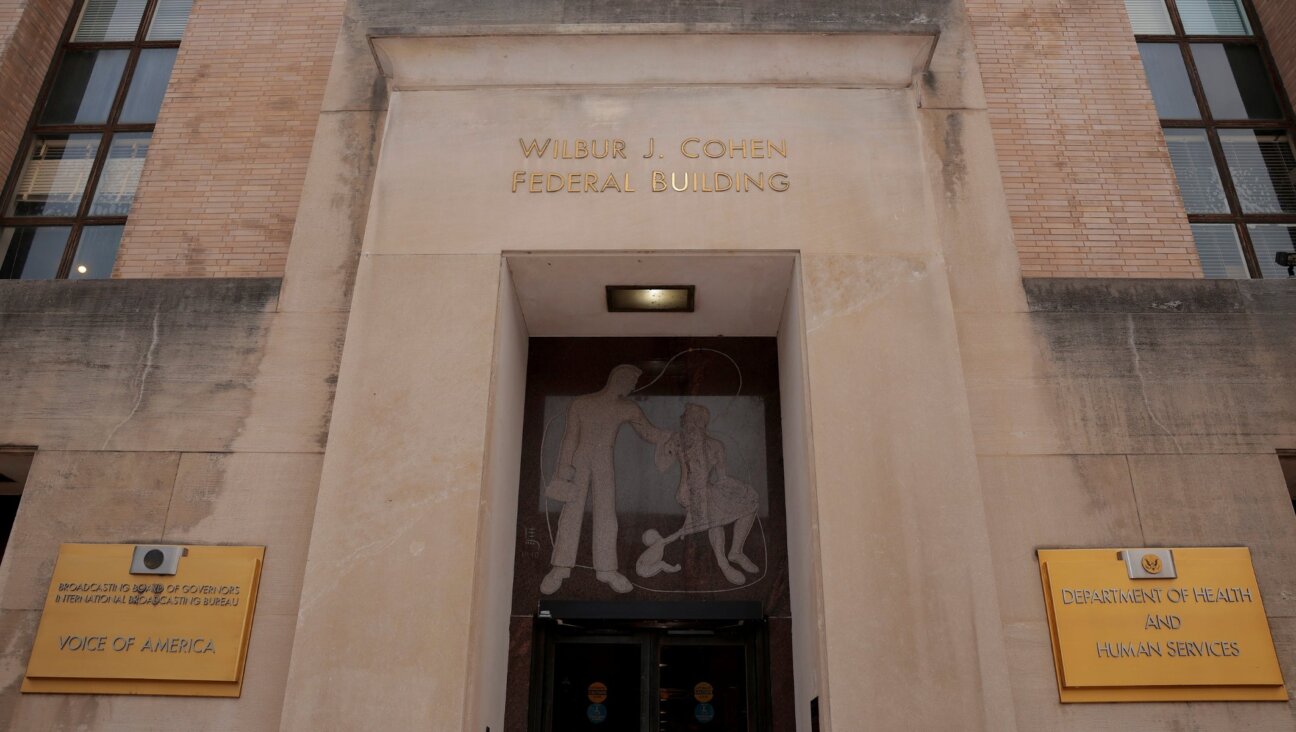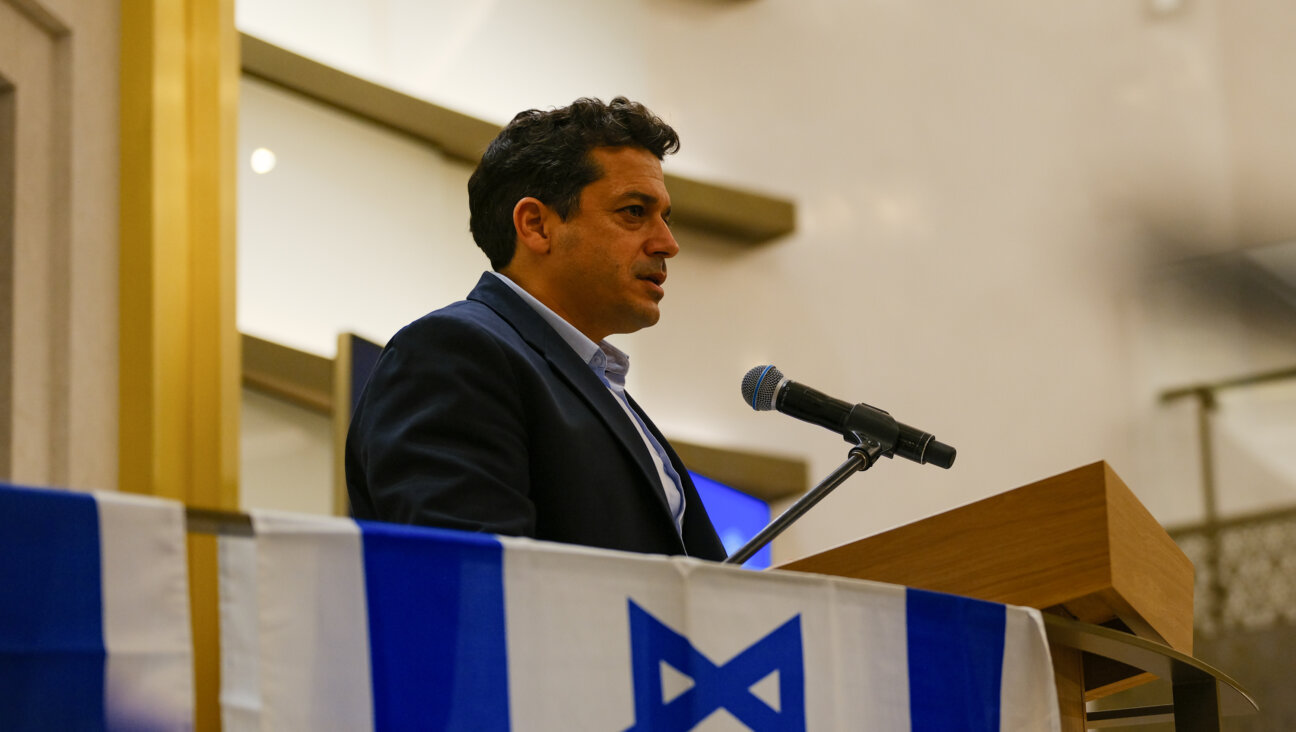France Will Pay $60M in Compensation for Rail Firm That Ferried Holocaust Victims

Image by getty images
France said on Friday it had agreed to put $60 million into a fund managed by the United States to compensate Holocaust victims deported by French state rail firm SNCF to Nazi death camps, a deal that protects it from future U.S. litigation.
About 76,000 Jews were arrested in France during World War Two and transported in appalling conditions in railway boxcars to concentration camps such as Auschwitz, where most died.
In 1995 France’s then-president, Jacques Chirac, officially acknowledged for the first time French complicity in the wartime deportations. But it was only in 2009 that France’s highest court recognized the state’s responsibility.
Several state legislatures in the United States, including Maryland and New York, have previously threatened to pass legislation that would block the SNCF from bidding in rail projects unless it paid compensation to U.S. victims.
The compensation deal, which will be signed in Washington on Dec. 8, is open to people from all countries with the exception of Britain, Poland, Belgium and the Czech Republic, which already have bilateral agreements with France, said Patrizianna Sparacino, who negotiated the accord for Paris.
Several hundred people including survivors and family members have already been identified for compensation, initially from the United States and Israel.
The total number of those compensated will run into the thousands, Sparacino said.
“For now the objective is that those survivors from the deportations would get roughly $100,000 (each),” Sparacino said, adding the United States would manage and allocate the funds.
Washington will also undertake to handle any future Holocaust-era claims against France or any of its entities, meaning that SNCF will no longer be directly targeted or threatened from exclusion in tender processes.
“The U.S. will defend France and its entities as a counterparty to this agreement,” Sparacino said.
“COG IN NAZI MACHINE”
The talks, launched in February, were initially bilateral between Paris and Washington but were widened to include all nationalities that had not been compensated by France.
U.S. federal authorities took over the dossier saying that efforts by state legislatures to penalize SNCF were an obstacle to securing a global accord.
The state of Maryland removed its threat to bar SNCF from bidding for a 4.5 billion euro contract to build and operate a 25 km train line. SNCF, through its local Keolis subsidiary, has since bid for the project.
Although SNCF has acknowledged guilt, it says it was a “cog in the Nazi extermination machine” and forced to obey the orders of the government and the German occupiers.
Lawyers for French families say SNCF acted out of greed, pointing to evidence it charged French authorities the price of a third-class rail ticket for each person it transported.
Washington has been pushing European governments and firms with links to the Nazi era to compensate Holocaust victims since the 1990s.
Germany agreed in 1999 to create a fund offering some 10 billion marks compensation to Nazi-era forced laborers.
The fund was launched by about 65 leading German companies, many of which had faced legal action over their past role. They included blue chip firms such as Siemens and Volkswagen.
The U.S. government pledged to protect them from future litigation over their Nazi past in return for the fund.
Congresswoman Carolyn Maloney, who authored the Holocaust Rail Justice Act to allow victims living in the United States to sue SNCF, hailed the accord as “a breakthrough in a decades-long struggle for justice waged by Holocaust survivors.”














